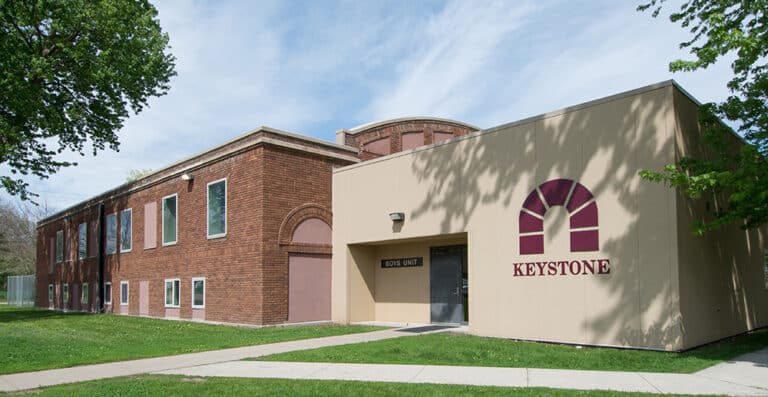Fort Collins, CO Drug Rehabs
Showing 1 to 10 of 10 results
-
A New Perspective Counseling Centers
Levels of Care: Outpatient
Payment Options: Cash or self-payment
-
Alcohol Counseling and
Levels of Care: Outpatient,
Payment Options: Cash or self-payment,
-
Ad

Keystone Treatment Center
Levels of Care: Outpatient, Detox, Residential, Intensive Outpatient, Multiple Levels of Care
Payment Options: Medicaid, TRICARE, Private Pay, Indian Health Service (IHS), Blue Cross Blue Shield, Midland's Choice, Prime West, Select Health, Sanford, United Behavioral Health, United Medical Resources, Value Options, Western Providers, Insurance Accepted, Medica, Rule 25, Aetna, Cigna, Avera, United Healthcare, Dakota Care
-
AspenRidge Recovery
Levels of Care: Outpatient,
Payment Options: Cash or self-payment, Federal military insurance (e.g., TRICARE), Medicaid, Medicare, Private health insurance, State-financed health insurance plan other than Medicaid
-
Creative Counseling Services
Levels of Care: Outpatient,
Payment Options: Cash or self-payment, Federal military insurance (e.g., TRICARE), Medicaid, Medicare, Private health insurance, State-financed health insurance plan other than Medicaid,
-
Harmony Foundation Recovery Center
Levels of Care: Outpatient,
Payment Options: Cash or self-payment, Federal military insurance (e.g., TRICARE), Medicaid, Medicare, Private health insurance, State-financed health insurance plan other than Medicaid, IHS/Tribal/Urban (ITU) funds,
-
Narconon Colorado
Levels of Care: Outpatient, Residential/24-hour residential
Payment Options: Cash or self-payment, Federal military insurance (e.g., TRICARE), Medicaid, Medicare, Private health insurance, State-financed health insurance plan other than Medicaid, IHS/Tribal/Urban (ITU) funds,
-
Redpoint North
Levels of Care: Outpatient, Residential/24-hour residential,
Payment Options: Cash or self-payment, Federal military insurance (e.g., TRICARE), Medicaid, Medicare, Private health insurance, State-financed health insurance plan other than Medicaid, IHS/Tribal/Urban (ITU) funds,
-
SummitStone Health Partners
Levels of Care: Outpatient, Residential/24-hour residential,
Payment Options: Cash or self-payment, Federal military insurance (e.g., TRICARE), Medicaid, Medicare, Private health insurance, State-financed health insurance plan other than Medicaid, IHS/Tribal/Urban (ITU) funds,
-
SummitStone Health Partners
Levels of Care: Outpatient, Residential/24-hour residential,
Payment Options: Cash or self-payment, Federal military insurance (e.g., TRICARE), Medicaid, Medicare, Private health insurance, State-financed health insurance plan other than Medicaid, IHS/Tribal/Urban (ITU) funds,
Loading results...
No listings found.
Showing 1 to 10 of 10 results
College Programs
Counseling services
Mount Marty College
1105 West 8th StreetYankton, SD 57078-3725 Visit Website ⟶ 605-668-1541
Student Counseling Center (SCC)
University of South Dakota
414 E. Clark StreetVermillion, SD 57069 Visit Website ⟶ 605-677-5777
Feature your center
Ready to connect with treatment seekers across the country? Enter your information to learn about our advertising options and get in contact with our development team.
